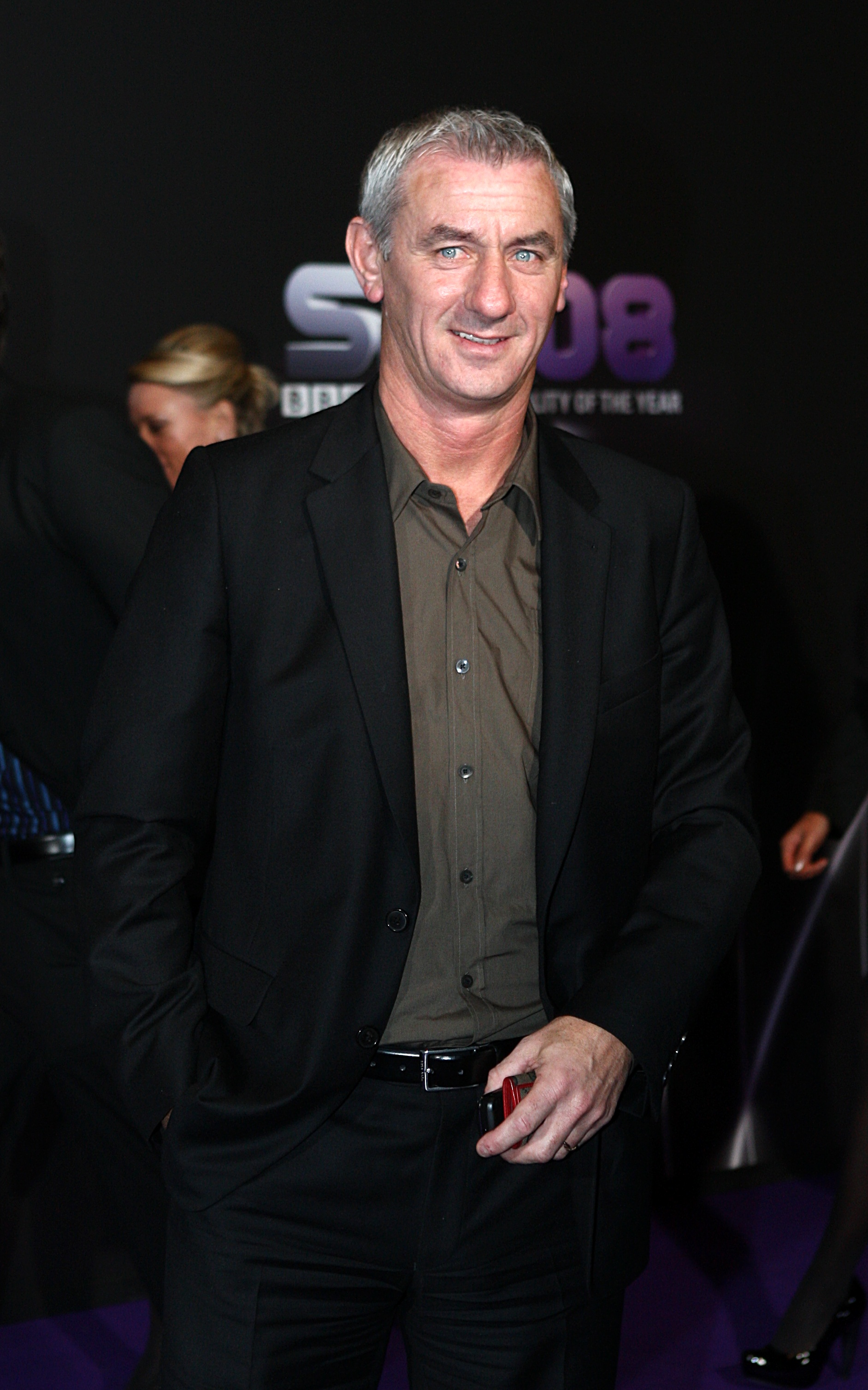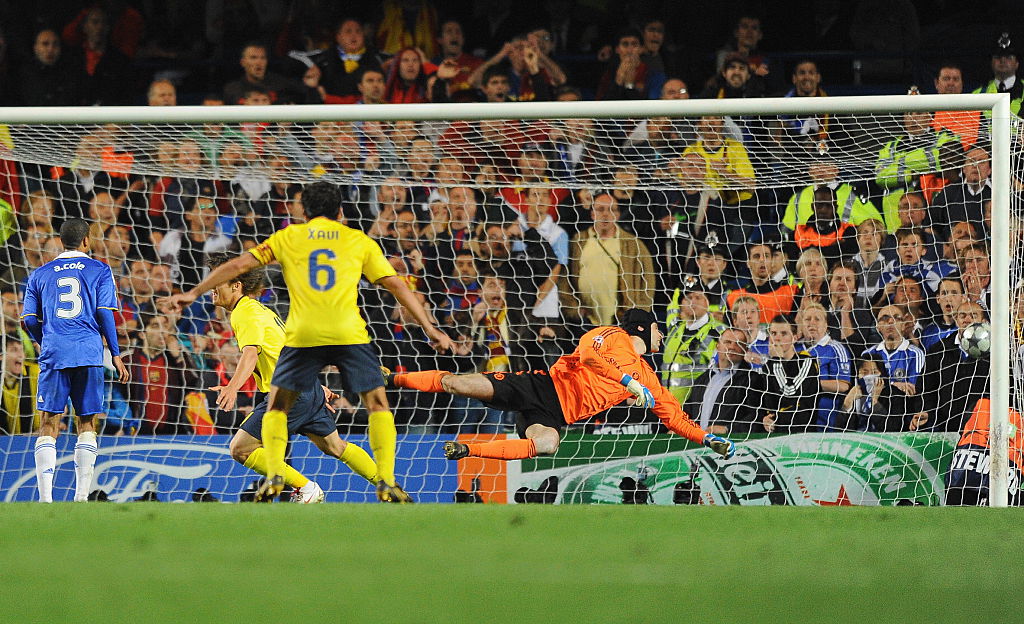Ian Rush: Q&A
"Until you're 30, work on your weaknesses; then work on your strengths"

Liverpool’s European Cup winner identifies the traits that mark a truly great striker...
We’re told strikers are instinctive. Does that mean you can’t learn how to score goals?
No. Of course there are always things you can learn, but it’s mainly down to instinct. If you start thinking about what you’re doing, it’s too late – by then the opposition have worked it out and a defender will have the ball. When you’re one-on-one with the keeper you have to stay calm, don’t rush yourself. If you think too much, I can guarantee you’ve lost too much time. Too many things go through your head and you make the wrong decisions.
But players can be improved, can’t they?
You can make a £200,000 player a £2million player with the right coaching. I was employed by Gérard Houllier as striking coach at Liverpool working with Michael Owen. He was already a top forward but was eager to learn. With someone like Owen, he’s such a good player you might only improve him by a half a per cent. But you’re still doing your job.
A player is learning all the time. I believe up until you’re 30, you work on your weaknesses. After 30, you work on your strengths – you know what you’re good at and you try to get the best out of it. As you get older you learn more about the opposition and more about the game.
I feel that up until I went to Juventus [in 1987/88] I was just a goalscorer. When I came back from Italy I became a better all-round player because I’d had to do more outside the box. By the time you finish playing you know all about the game – then you have to start again with coaching!
What do you need to be a top forward?
Most important is no fear. Never be afraid to miss. That all comes down to confidence.
Patience. If you’re trying out a one-on-one with a defender or keeper, try to wait till the last moment to hit so he’ll make the first move. When he’s done that, you can make yours.
Mental toughness. You must be able to take criticism when you miss a goal.
Get FourFourTwo Newsletter
The best features, fun and footballing quizzes, straight to your inbox every week.
Movement is massive. Even if you’re just walking a few paces, you often find defenders will stand and mark their space, looking at the ball. So after a short walk you’ve found your own space. Then quick movement for when the ball is coming.
Pace is more important now, but you still get great strikers without it. They have something else, possibly the ability to think that fraction of a second quicker than anybody else – it’s true the first few yards are in your head. There’s no point having bags of pace but not knowing what to do with it – which you also get!
How did you stay at the top for so long?
Make the most of your strengths: I had pace and a great partnership with Kenny Dalglish, but most importantly we made the best of our strengths, which was basically the movement.
A coach can do everything for you on the ball, but when you get on the pitch it can all change. The difference between winning and losing is adapting, and doing so the quickest way – that’s down to movement. The best strikers will adapt and think for themselves a bit quicker than anybody else.
Torres does it at Liverpool now. He’s adapted very quickly, and what I like about him is he doesn’t give defenders time to rest on the ball. If you close down the play like that, five times out of ten the ball goes out of play and you’ve won it back. You’ve done your job. Of course you don’t have to play that way, it depends which club you’re at.
You were known for defending from the front. How important is it to do that?
Very, if you’re playing for a team. But I believe there are strikers who are happy to score whether they win, draw or lose. Thierry Henry for example. But I was brought up at Liverpool knowing the team come first, goals second. My job was to make it harder for the opposition. If I could win the ball I’d close the defender down, which would make it easier for the midfield, who’d do the same for the defence. If you do it right, hopefully the goalkeeper doesn’t touch the ball. We worked as a unit.
Should forwards touch the ball as much as they can?
I’m not so sure about that. A good striker will have a good first touch. I don’t really think it’s about the number of touches.
How do you help a forward who’s lost his confidence?
As a coach you have to make sure you give strikers the confidence to go out and do it. Touch comes into it – but if confidence goes, a coach can only do one thing: keep working with him and go back to basics. For a striker, there’s nothing better than the ball hitting the back of the net, so you start on the training ground without a keeper, pass the ball and have him hit it in the net. Then you put cones out, then you put a keeper in, and the confidence comes back. There’s more need than there’s ever been for individual coaching. Houllier used to say players have the best facilities, best pitches and best coaches – so there’s no excuse not to perform. But in the end it comes down to confidence.
Didn’t you used to practise by aiming for the side netting?
Always. And I do sessions on this now. I would put a cone a yard in from the side post and aim to get the ball in between the two. If you blast the ball, there’s a 50% percent chance you’ll score. You aim to hit the side netting, there’s a 70-80% chance you’ll score.
Of course you have to know when to blast the ball and when to side-foot it, because a keeper will know a striker’s game and you must make sure you put doubt in their mind.
How do you coach a striker?
At Liverpool we worked on specifics. Pre-season it was basic work on general movement, offsides – it’s great when you see it happen in a game. Once the season started it was looking at the opposition, where they were strong and weak – so if we were playing a team who were weak down the left-hand side, we’d do a session where the forwards came off the back of the defender and went down the side.
Give them confidence to finish and get the right angles, but for me it’s about getting away from the defender when they don’t know it. It’s easy when you’ve got the ball, but a striker should be at his most dangerous without the ball because everyone else is looking at it.
You’re in charge of grassroots coaching at the Welsh FA. Does that work with kids?
You’ll find with most kids, even the good ones, they pass the ball and stand still. If you can get them at a young age and teach them to move, within six months to a year they’ll pass and move automatically. Then they can go to the next stage. Coaching top players can be easier because they’re eager to learn. Kids can have a problem with concentration. It’s important to bring the kids up and put them on the right track for when they join a club at 17 or 18 so it won’t be a shock to the system: show them how to be professional and what the coaching will be like then.
Kids can panic when they miss a goal they’re scared to be failures. They should look at Michael Owen. He’ll miss nine times but score the tenth and it doesn’t worry him.
Words: Stephanie Jones. This interview first appeared in Champions, the official magazine of the UEFA Champions League.
